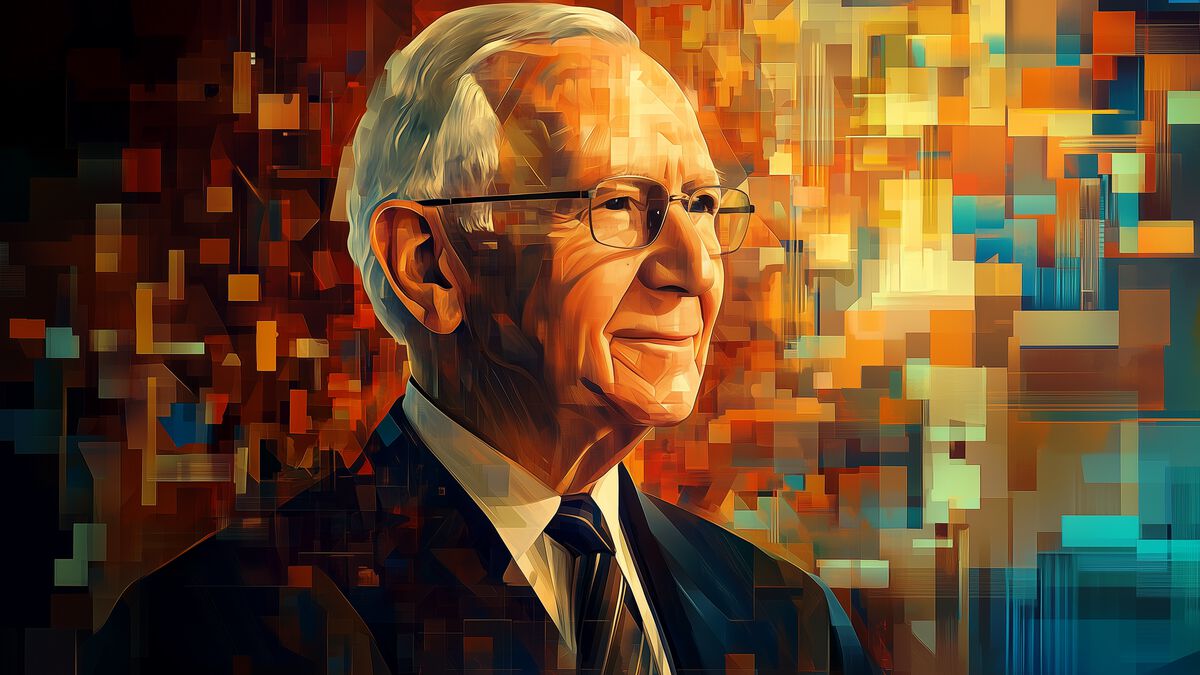Responding to Immortality Skeptics
Lincoln Cannon
20 January 2008 (updated 3 January 2026)
I regularly read the blog of Wesley Smith, an intelligent and good-natured antagonist of Transhumanism. Today he wrote about the “futility of the immortality movement.” Below are my thoughts in response.
That which is analogous to death will always be part of existence. With that I agree. However, skeptics really don’t know whether it is futile or hopeless to pursue radical life extension. Although it may not interest them, there are many of us who would like to spend more time experiencing this world, our family and friends, and our future.
It surprises me that intelligent persons persist in claiming that life becomes more precious as it becomes shorter. If that is true, why do they not plan to kill themselves in a few minutes, so that they may relish in a far greater magnitude of precious shortness than that which contemporary biology and technology would provide otherwise?
Obviously it is not the shortness of life that gives it meaning or value. But rather we give value to life, short or long.
I fully agree that matters of life, philosophy, and faith are really important. Radical life extension is an important aspect of my philosophy and faith, whereas accepting death is not an aspect of my philosophy or faith. I am interested in getting the most out of the time I have, and I’m also interested in more time. I don’t believe we have to choose between the two.
For some truths, faith is essential to their realization. There is as much truth to create as there is to discover. I anticipate that immortality is that sort of truth. And all the skeptics in the world cannot demonstrate otherwise.
Wesley Smith
Wesley Smith is a Christian, author, and lawyer who has published misrepresentations of Transhumanism for many years. At first, I attributed that to his lack of familiarity with Transhumanism and Transhumanists. However, after calling this to his attention many times, in writing and in person, I've become persuaded that he simply values the attention that dishonest fear-mongering generates. Here's a list of articles that I've written in response to Wesley, in chronological order:



